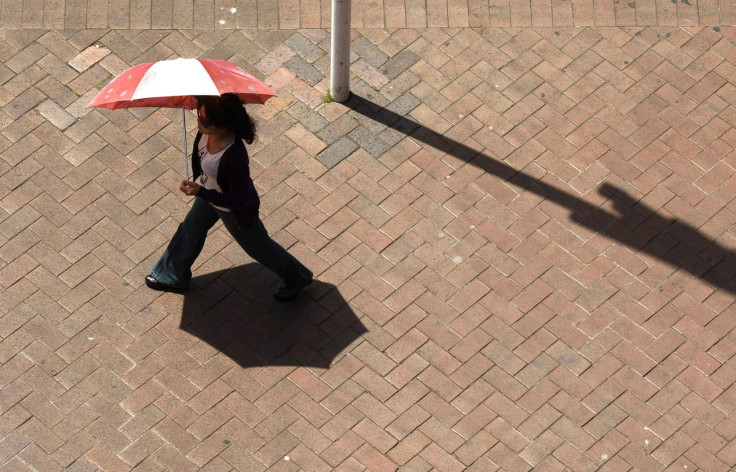Sydney heatwave: Energy minister urges people to prevent potential blackout

Authorities are calling for the public to help prevent blackouts as temperatures continue to soar across the country. A potentially record-breaking heatwave is likely to set in eastern Australia.
Energy Minister Don Harwin is urging people to adopt measures that can help save energy. These include turning the air conditioner to 26 degrees Celsius, adjusting refrigerator temperatures, turning off appliances when not in use and switching off lights when it is safe.
“The NSW government is doing everything we can to ensure a power outage is avoided but we encourage the community to reduce their energy use where possible,” Harwin said. The power demand for Friday is forecast to spike up to 14,700 megawatts, according to the Australian Energy Market Operator (AEMO). “When there is a shortfall in the electricity supply, there can be a need to reduce demand very quickly to an acceptable level, known as load shedding, or risk the electricity network becoming unstable,” AEMO said in a statement.
“Catastrophic” fire ratings have been issued for parts of NSW for Sunday. It is the first time since 2013 that a threat level as intense as this has been issued following the introduction of national standardised ratings in 2009.
"The catastrophic conditions is something that has not occurred in NSW since 2013," Police and Emergency Services Minister Troy Grant said, as reported by AAP (via SBS). "Emergency services will be on high alert to deal with those conditions.”
As hot air moves towards south from central Australia, high temperatures have been forecast for Saturday, according to the Bureau of Meteorology. With this, Saturday could become the hottest February day for the state.
Harwin criticised the electricity polices of other states and the effects they have on NSW. On Wednesday, South Australia was afflicted with power shortages stemming from load shedding. As many as 40,000 households lost electricity for about half an hour as a result of the blackout.
NSW feels the impact of what happens interstate, Harwin said. “The fact is we have a national energy market,” he said, speaking with ABC radio (via the Daily Telegraph). “What happens here in NSW is connected to what happens to the rest of eastern Australia. Governments in NSW have done their best to make sure we have a quality base-load power supply. But of late there have been decisions taken in surrounding states that have not made our job easier and that’s what we’ve got to cope with.”
Sydney’s forecast for Friday predicts a temperature of 38 degrees Celsius. With this, the city could face its 10th day with mercury levels flaring over 35 degrees Celsius – shattering the record of nine days set in 1895-96. For Saturday, the city is expected to have 39 degrees Celsius.





















